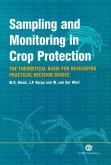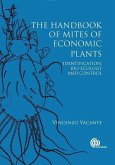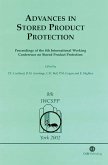Interactions between plants and herbivores can have a significant effect on plant growth and development, and ultimately, on a plant's economic value. Research has traditionally focused on aboveground herbivores, despite the considerable role that belowground herbivory by both vertebrates and invertebrates can play within a range of ecosystem processes. Root feeders have been classified as agricultural pests but can also be used as biological control agents against invasive species and can affect community dynamics of plants, soil micro-organisms and populations of aboveground organisms. Bringing together a broad range of viewpoints and approaches, Root Feeders presents a comprehensive review of knowledge on root herbivores and illustrates their importance within ecosystems. Chapters discuss problems of visualizing the organisms in the soil, their role in agriculture, grassland and forest ecosystems, and present specific case studies on the management, control and influence of root feeders. Covering all aspects from food web ecology to the effects of climate change, this will be valuable reading for researchers and professionals in agricultural entomology, plant science, ecology and soil science.
Hinweis: Dieser Artikel kann nur an eine deutsche Lieferadresse ausgeliefert werden.
Hinweis: Dieser Artikel kann nur an eine deutsche Lieferadresse ausgeliefert werden.








